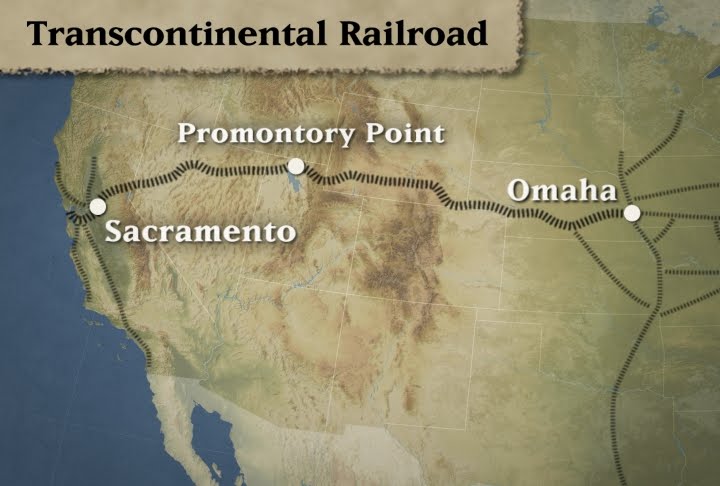SCAN Foundation Summit Makes One Wonder: Shouldn’t The United States Have A Strategy For Paying for Alzheimer’s Care?
If we can build railroads, airplanes and highways, our country should be able to build new, viable solutions for long-term services and supports that help millions of Americans with Alzheimer's and other long-term care needs.

How backwards is it when you have to impoverish yourself to get Alzheimer's care, Lou Gehrig's care, Parkinson's care, Congestive Heart Failure care, or help for other long-term needs? Yet that's basically how the United States of America approaches Alzheimer's care and other long-term physical and cognitive disabilities. Many Americans have to impoverish themselves to become Medicaid-eligible for a nursing home or perhaps community-based services. Too often, because Medicaid options are limited, it's not the service or housing they themselves would choose for themselves. It's time to figure out a much different, and a much better way.
This week more than 400 people convened in Sacramento at the 2014 SCAN Foundation Long-Term Services and Supports Summit. There Ecumen Trustee Olivia Mastry and LeadingAge CEO Larry Minnix discussed this problem and provided real hope that we have the ability as a country to solve this disservice to human dignity, health and finacial security. They walked through 7 pathways of potential approaches shaped by broad range of ideologies. You can see the presentation slides here. And the full Pathways report is here. The Pathways range from total personal responsibility to total government coverage and many places in between, including catastrophic insurance to protect you in case you have to get the most long-term care.
Just a few blocks down from the conference room in which they spoke is the California State Railroad Museum, which chronicles the buiding of the Transcontinental Rairoad over the Sierra Nevada Mountains. This "different way" provided a new solution in 1870 and connected Sacramento and the West with the Midwest and the East, allowing people and goods to move across the country. Of course, later came new solutions, including air transportation and the interstate. As a country, we have to make new linkages and help the millions of people who need help get the help they need without having to become impoverished. We are the United States. We built railroads. We built planes. We built highways across our country. We must move forward again and create a viable way for us to get the help we'll either need or someone that we love dearly will need and not have to impoverish ourselves to get it.
